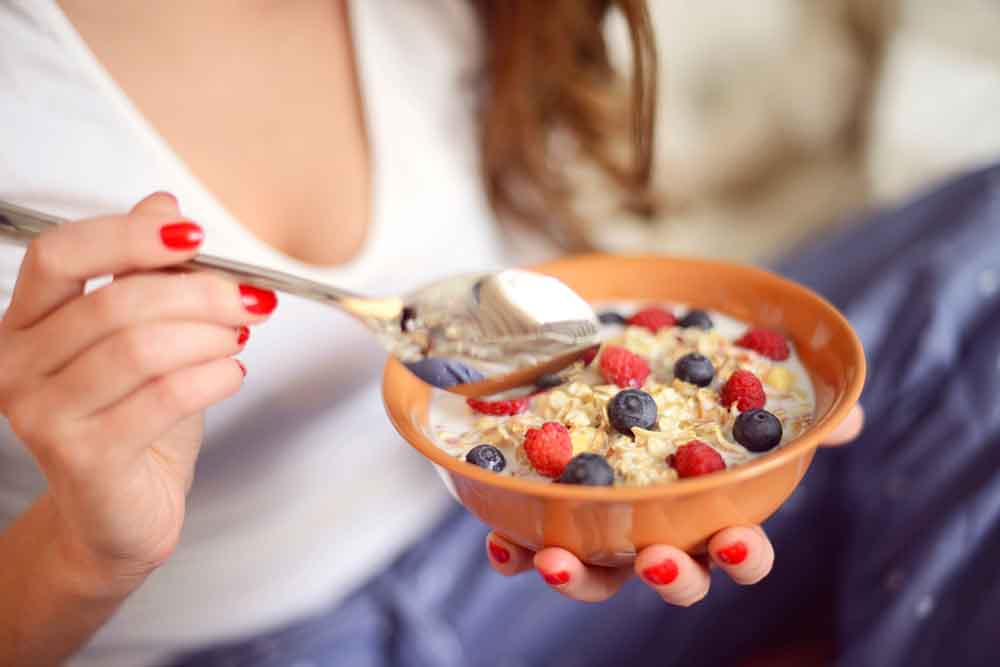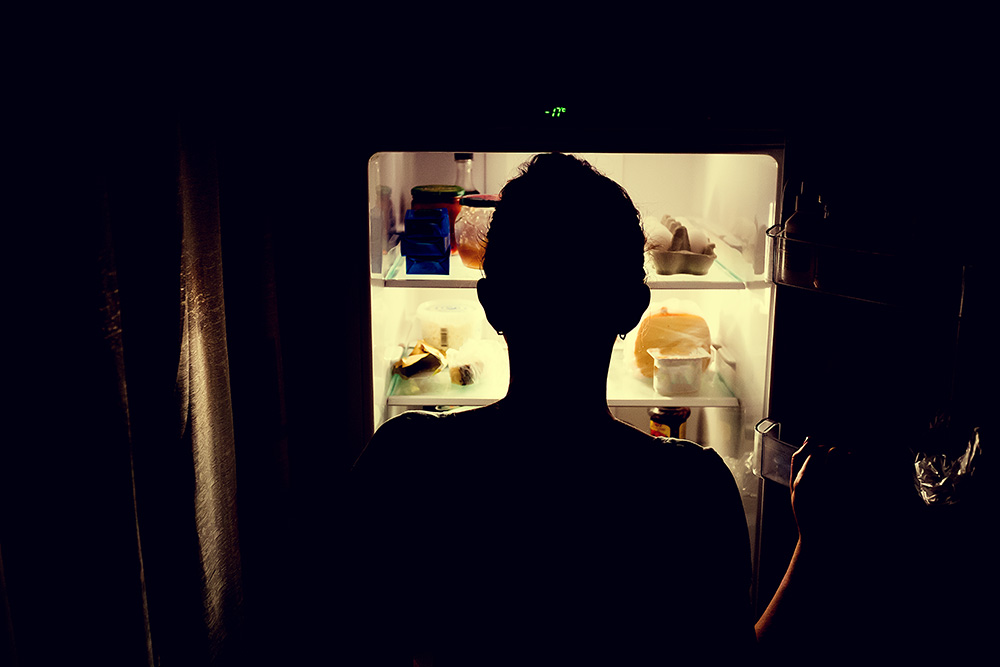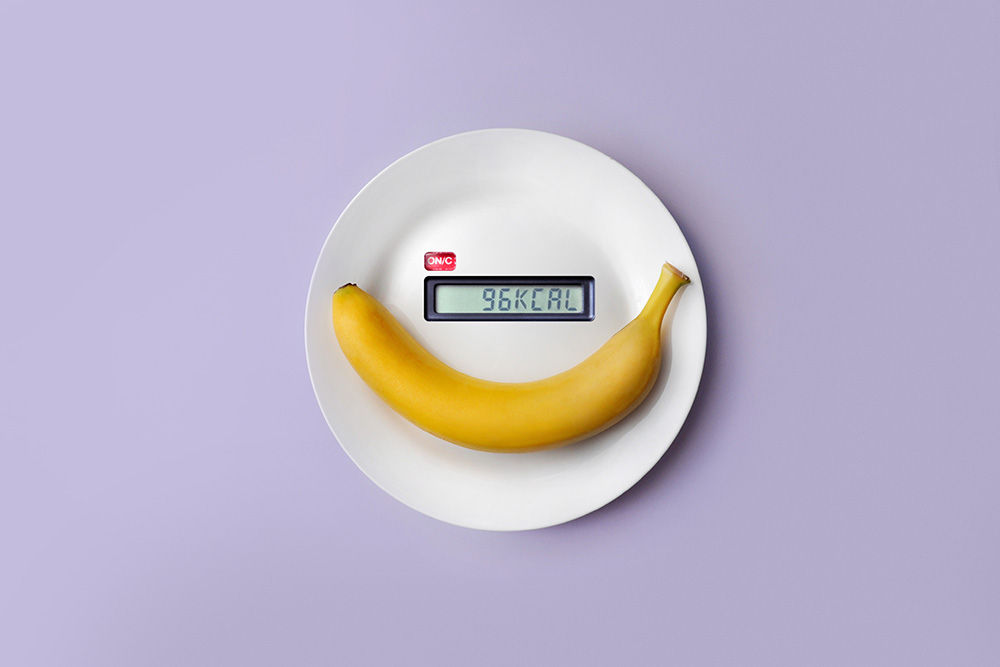The process of losing weight can be emotional, difficult, and perplexing, and there are conflicting recommendations everywhere you look. No matter how well-intentioned, it’s possible that your parents or friends have influenced your eating habits by making hurtful remarks. Many are easily influenced and also in doubts about what they’re eating because of social media trends (for instance, take the ‘What I eat in a day’ trend).

It’s important to draw the line between fact and fantasy and understand that everyone’s process is unique. Let’s take a look at some of the most widespread misconceptions on weight loss.
Skipping meals can help you lose weight
Sadly, missing meals will only slow down your metabolism and make weight loss more difficult. This tactic is justified by the observation that skipping a meal reduces daily caloric intake. The narrative is not so simple, though.
Eating regularly assists in controlling your metabolism and providing your body with a steady flow of nutrients, both of which are essential for long-term weight maintenance at a healthy level. In addition, missing meals might result in overindulging in unhealthy snacks or binge eating later on, which can actually make you gain weight. Staying on track and managing hunger pangs can be achieved by eating smaller, more frequent meals throughout the day.
It’s essential to have frequent meals full of nutrient-dense whole foods, such as fruits, vegetables, lean proteins, and complex carbohydrates that will provide you with the energy and clarity you need to keep making healthier dietary choices.

Fat burning foods can help in weight loss
There are certain foods that are described as ‘fat-burning.’ It seems too good to be true, and in most cases, it is. Certain foods, such pineapple, ginger, onions, avocados, celery, asparagus, chiles, broccoli, green tea, and garlic, are said to increase metabolism and aid in fat burning. However, there isn’t much scientific proof that these foods can aid in weight loss.

The sin of snacking
Snacking may be seen by some as the ultimate sin of dieting. There are situations when snacking might improve calorie management. It isn’t much about the snacks but more about what one is snacking on that counts. The concept of snacking is far complex that it appears, some snack on celery while some on cookies, some eat because they are hungry while some because they are bored. For instance, consuming a piece of fruit or some low-fat yoghurt in between meals may help curb cravings and prevent overindulging in meals or turning to higher-energy snacks.

Late-night snacking causes weight gain
For some people, eating shortly before going to bed causes them to feel uncomfortable, either because they are too full or because they are consuming a lot of sugar, which keeps them from falling asleep. As such, it’s critical to pay attention to the kinds and amounts of food you eat. You can enjoy a nutritious snack or meal at any time of the night as long as you follow a balanced diet, so don’t let the misconception that eating late at night causes weight gain deter you. Enjoying your favourite late-night craving guilt-free is possible when you practice mindful portion control and make nutritious eating choices.
Consuming less than 1000 calories per day will help in weight loss
A diet low in calories might slow down your metabolism and cause lethargy, cravings, and binge eating. The secret to effective weight loss is eating a nutritious, well-balanced meal with the appropriate calories. Furthermore, it’s critical to ensure that your food contains adequate vitamins and minerals, which can be challenging on a low-calorie diet. Besides that, eating less than what your body requires to perform fundamental activities can have an impact on your entire body. The first tissues your body will attempt to break down are your muscles. This also applies to your heart, which may begin to respond by lowering blood pressure and pulse rate and gradually raising your chance of developing heart failure.
Additional repercussions may include –
• Feeling lethargic, fatigue, or agitated
• Having brittle hair and dry, drab skin, or experiencing hair loss
• Falling ill more frequently and severely

Salads will lead to weight loss
Adding high-calorie toppings to your salad, such as cheese, creamy dressing, and croutons, may hinder your attempts to lose weight. Choose nutritious salad toppings like grilled chicken, almonds, seeds, or avocado to ensure that your salads are assisting rather than impeding your aims. Eating solely salads raises the worry that you will be denying yourself of the meals you enjoy, which frequently results in desires for junk food.
Say no to carbs
We all keep hearing that carbs are bad. In fact, we learn this early on, thanks to fad diets and false headlines! As a matter of fact, your body prefers to get its energy from carbohydrates, so eliminating it entirely from your diet is an unsustainable way to lose weight. Complex carbohydrates found in whole grains like quinoa, brown rice, and oats can give your body energy as well as vital vitamins and minerals. Consuming these beneficial carbohydrates in moderation can enhance digestion, help you maintain a healthy weight, and potentially reduce your chance of developing chronic illnesses. You may make sure that carbs are a healthy food by avoiding processed foods with added sugars and choosing nutrient-dense whole grains instead.

All calories are equal
While every calorie has the same amount of energy, not all calories are created equal in terms of their nutritional content or the way your body processes them. What distinguishes them from one another- the source of their nourishment. For instance, the body will handle 100 calories from fat differently than it will from carbs. Eating processed foods high in calories but low in nutrients might induce weight gain since they don’t give your body the long-term energy or essential nutrients it needs.
Additionally, the effects of different calorie sources on appetite and satiety can vary. Consuming foods high in protein, such as meat, eggs, and nuts, might prolong feelings of fullness longer than those high in fat or carbohydrates alone. So, quality does matter when it comes to calories! When choosing a diet, it’s critical to consider the source of calories. The most important thing is to select foods that are high in nutrients and offer a balanced intake of macronutrients, micronutrients, and other beneficial ingredients.
Losing weight is a solo journey towards sound health. There is no one-size-fits-all strategy for losing weight, so it’s important to identify a plan that complements your lifestyle.